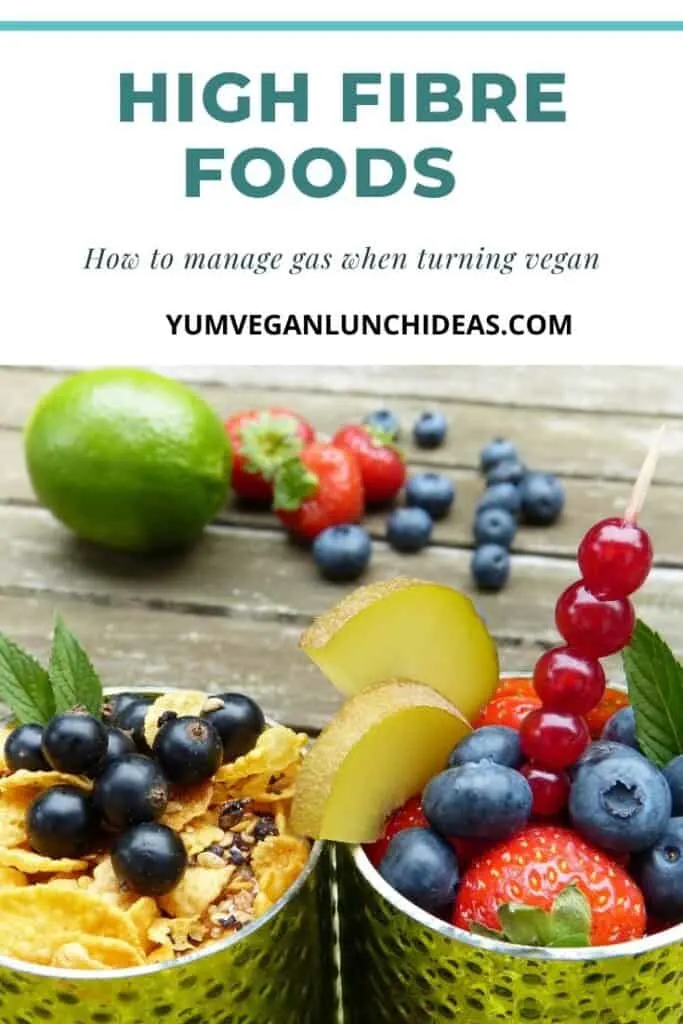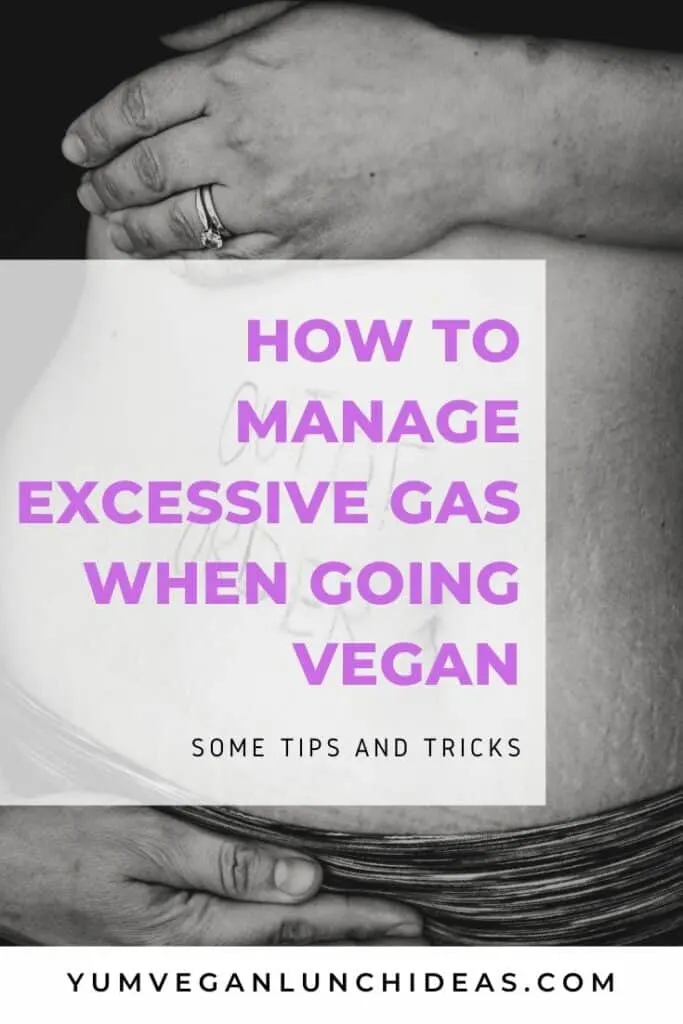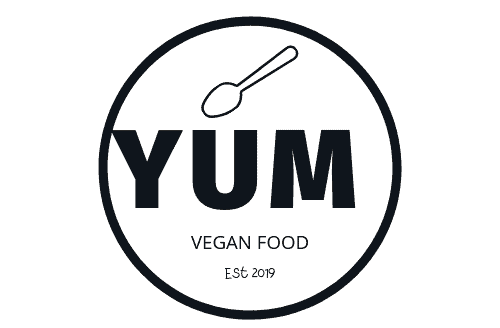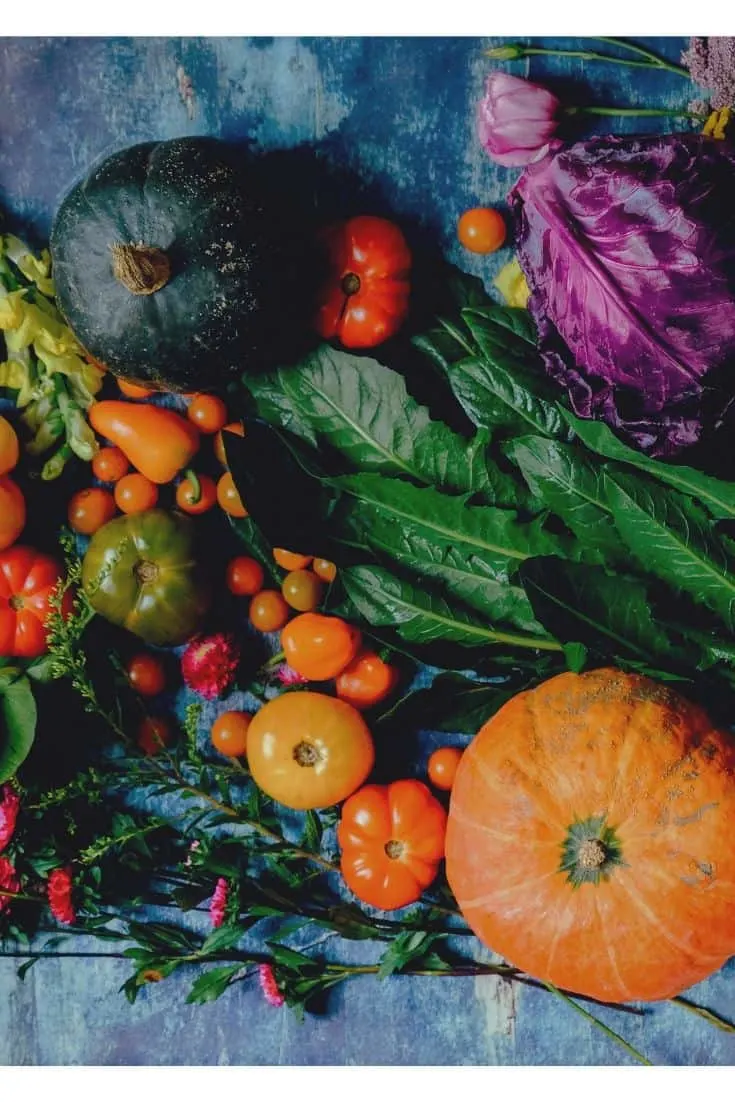Beans beans the magical fruit, the more you eat the more you toot! Fear not, the magic and natural occurrence of vegan farts. If flatulence did not occur – you would literally combust.
You may have become aware since transitioning to a vegan diet that you are experiencing an increased amount of gas. Vegan farts can be a little deterring, as the volume of vegan gas can increase from a regular amount, to what seems like a lot!
Transitioning to a vegan diet means your body is adapting from a primarily omnivorous diet, to a herbivore diet. A vegan diet by nature is high in dietary fibre.
Whereas animal products literally contains zero fibre. Your body must adapt to this increased level of fibrous foods, hence you may produce more gas.
Having an awareness it may occur is the first step in managing it.

What is the cause of this increased vegan gas?
Intestinal gas is completely healthy and part of your digestive systems regular workings. However, flatulence can increase for a number of reasons, usually due to a food intolerance, or a sudden switch in diet.
Veganism is high in fibre naturally, which can cause an increase in vegan gas or flatulence. The ratio and smell of our vegan farts are influenced by what foods we eat.
Reassuringly, the pungent smell of our gas is actually reduced when we eliminate animal products!
Gut Bacteria
Our gut bacteria is literally its own ecosystem. Gut bacteria may be a buzz word at the moment, but its diverse roles in bodily and mind functions have only been discovered through research recently.
Needless to say, gut bacteria is essential in breaking down our foods. When we have increased fibre from turning vegan, we grow more of the good gut bacteria. New bacteria is created as we eat new fibrous foods.
Other ways to improve digestion is through fermented foods, such as sauerkraut, kimchi, kombuca and vegan kefir.
Our delicious and vibrant Red Cabbage Sauerkraut is easy to make and packs a punch of probiotics for a healthy gut.
High Fibre – Foods that make you gassy
Dietary fibre is the plant based carbohydrates that are not soluble by the smaller intestine.
With a sometimes dramatic increase of high fibre foods from going vegan, our digestive system may take some time to adapt.
The smaller intestine struggles to breakdown certain compounds, as such means the gas-producing intestinal bacteria is working harder.
High fibre is essential for a healthy digestive system. It provides roughage for food waste to pass easily through the digestive system. This also prevents constipation.

High Fibre Foods
- Wholemeal and wholegrain cereals, pastas and breads
- Fruits – such as berries, melon and apples.
- Vegetables – such as broccoli and sweetcorn
- Peas, beans, pulses
- Potatoes with skin on
- Nuts and seeds
One awesome fibre rich dish is the Vegan Tuna Jacket Potato – the skin on the potato gives lots of fibre, as does the chickpeas and crunchy vegetables in the vegan tuna mix.
Dietary fibre is essential in preventing cardiovascular disease and colorectal cancers.
Increase Fibre Slowly
Those who struggle with increased flatulence may benefit from slowly increasing their fibre intake to allow the bowel to adapt.
Go easy on foods such as cauliflower, kale and broccoli initially, they are high in dietary fibre.
It may be a good idea to slowly introduce beans and legumes into your diet.
If you are particularly prone to increased gas, there is the option of temporarily using white rice, bread and pastas and slowly transitioning to the recommended wholewheat and wholegrain.
Although, understandably, white breads etc are highly processed so many would prefer to keep these to a minimum. If eaten long term regularly can cause bloating themselves.
Eat Slowly and More Mindfully
Literally slow down each meal time as much as you can. It is thought a portion of gas we produce is literally swallowed air. Swallowing air is increased when we eat more quickly.
Take smaller bites of food and chew for longer periods of time. This means the enzymes in your saliva have more of a role in breaking down your food, giving the gut less of a job to do.
Chewing more also reduces the amount of air being swallowed.
Generally, eating a vegan diet means our portions are much bigger. (That’s all that fibre again!). So with bigger portions, this means more bites of food is another opportunity to swallow air. So take it slow!
Some obvious offenders include carbonated/fizzy drinks and chewing gum – try and avoid these.
Drink Water
It goes without saying, increasing your water intake is essential to keep things moving in your digestive tract. Water binds to dietary fibre and helps everything to flow and move along nicely.
Eat Small and Regular
Eating too big a meal can increase bloating and leave us feeling really full. Eating smaller and more regular meals can help alleviate this.
Soak Beans and Legumes
Beans and legumes naturally have phytic acid – in nature, it protects them. Phytic acid can inhibit digestion.
Phytic acid is reduced massively through soaking and the sprouting process. This gives the body more readily access to vitamins and minerals.
The ideal situation is to soak beans and legumes in cold water overnight. Rinsing them off the next day, you will see a murky brown water which is the phytic acid.
Phytic acid can actually inhibit proper absorption of the nutritional qualities in beans and legumes, leading to deficiencies.
The sugars in some lentils and beans can increase intestinal gas, hence more vegan farts! So get soaking and sprouting. I love using my mason jars for the spouting process.
You can buy some awesome Sprouter Mason Jars here.
Eat Plenty of Vegan Protein
Tofu, seitan, tempeh, soya chunks, myco-protein are great options for getting protein. Ensuring you get enough vegan protein will help balance the slowly increased amount of fibre.
Hopefully this will alleviate excessive vegan gas during your transition to a vegan diet.
Keep a food diary
Keeping a food diary can be key in tracking what foods are causing certain bodily changes. You can monitor this over time and adjust to your own needs.
One useful app for this is Chronometer.
Exercise Regularly
Exercising is quite a practical step, but, essential in ensuring everything is moving along. Don’t underestimate the power of walking which is great for the digestive system.
Consider Allergies or Intolerances
Allergies and intolerances are incredibly common and can often get overlooked. Intolerances can cause discomfort, bloating and excessive gas.
Some vegan foods which may cause these include, wheat/gluten/fructose. However it’s important to note that food allergies can be very serious.
Anyone can develop an allergy or intolerance to any type of food at any point in their lives, however some are more at risk than others.
Excessive gas can also be a symptom of irritable bowel syndrome, if you have concerns you should consult your healthcare professional.
You can get tested for allergies and intolerances to shed more light on what is causing your on-going bloating, however a food diary will be able to narrow down what might be the culprit.
The Conclusion
Don’t let excessive vegan gas deter you from this diet. Your body is still adapting to the increased fibre and new foods.
Take some of the suggested steps to manage bloating and increased gas. And of course if you have any health concerns, do consult a health professional.
Did you enjoy reading this?
You may also enjoy reading the Ultimate Vegan Shopping List or check out our guide to vegan meal prep here!
Please note this article is not intended as medical advice, contact your GP / physician if you have concerns.
References
- https://www.betterhealth.vic.gov.au/health/ConditionsAndTreatments/flatulence
- https://www.nutrition.org.uk/healthyliving/basics/fibre.html
- https://academic.oup.com/jn/article/142/7/1390S/4630933
- https://www.healthline.com/nutrition/phytic-acid-101#section7
- https://www.healthline.com/nutrition/11-proven-ways-to-reduce-bloating



Stephanie
Sunday 10th of December 2023
I eat a deliberately high fibre vegan diet. I get a lot of wind. Ive been eating beans more regularly lately and find im particularly and unpleasantly sulphureus after dinner! Lentils give me more wind, which isnt smelly but is painful. I grow perpetual kale, which is quite prolific, so eat several times a week. I dont know if that is a contributor.